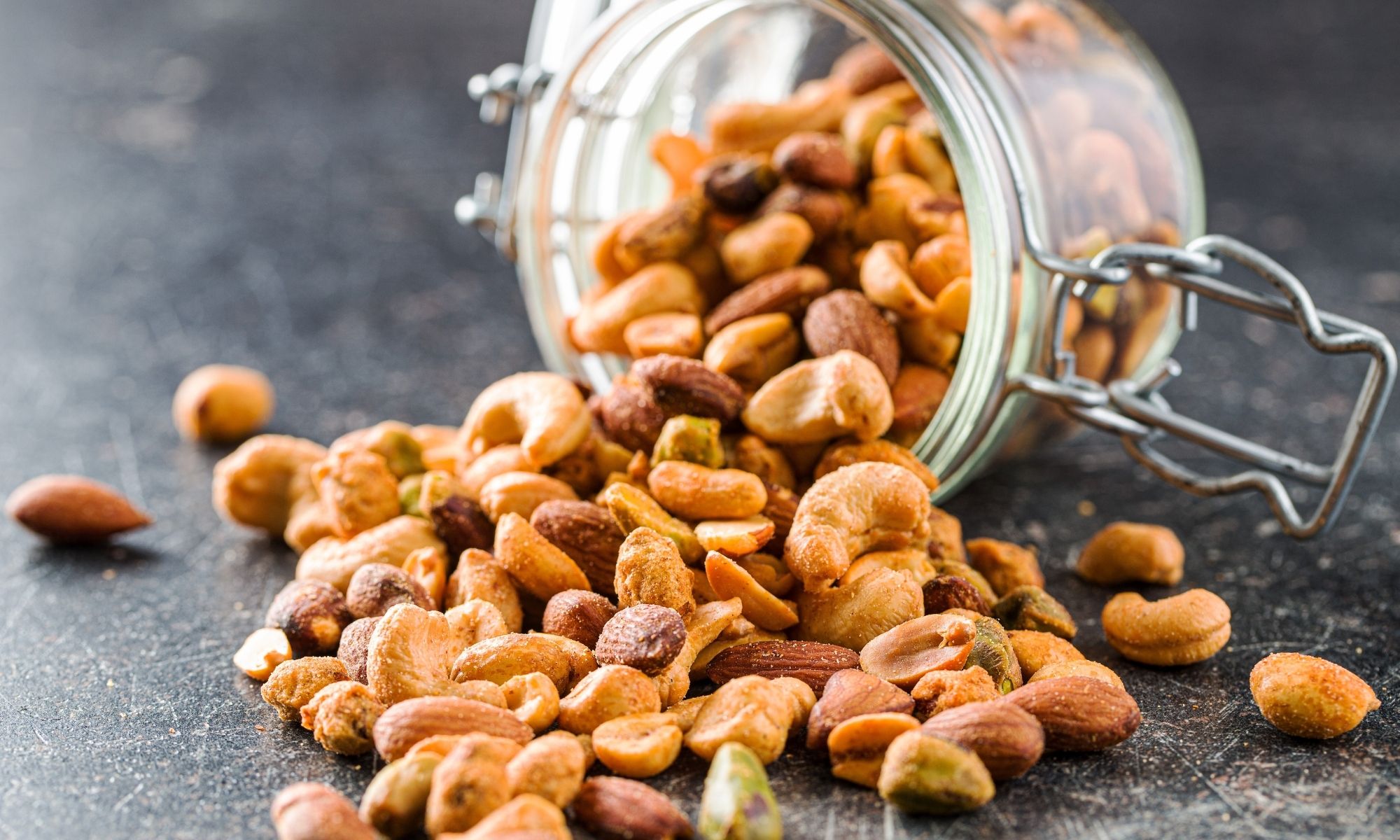
Keeping a healthy body, mind, and soul comes with trial and error. You learn about what your body needs and doesn’t, creating a harmony of balance with your meals and activity. However, maybe you don’t consume as much protein as you thought, and you want to try more protein-filled foods. Here are four different protein foods you should have and their benefits.
Why Protein Matters in Your Diet
Protein provides numerous benefits for your everyday routine. It’s critical for energy and carrying oxygen throughout your body in your blood. Additionally, it fights off infections and illnesses by making antibodies. Lastly, it keeps your cells healthy and promotes the creation of new ones.
Proteins also aid in keeping you fuller for longer by digesting slowly while helping repair muscle fibers after an intense workout. By increasing your protein, your muscle will grow, and you’ll become noticeably stronger.
Proteins You Should Have
Your meal doesn’t have to lack flavor or flair when you add protein; there are so many options to choose from and different ways to make them taste delicious. Here are four different protein foods you should have in your everyday meals.
Lean Meats
You can choose to include more protein in your diet by consuming more lean meats. They contain plenty of complete proteins and are rich in iron. They also provide B vitamins, particularly B12. Lastly, they contain less saturated fat than other higher-fat cuts of meat. Some lean meats include:
- Beef
- Pork
- Lamb
- Veal
Poultry
Bird meat, also known as poultry, has numerous benefits. It contains iodine, iron, zinc, vitamin B12, and essential fatty acids. However, it’s necessary to cook poultry at an appropriate temperature to avoid food poisoning. After all, poultry can become impacted by salmonella. Some poultry includes:
- Chicken
- Turkey
- Duck
- Emu
- Goose
Seafood and Fish
Seafood and fish provide many omega-3 fatty acids that help maintain a healthy body. They also come with vitamins D and B2, also known as riboflavin. Lastly, they contain calcium, phosphorus, zinc, iodine, iron, magnesium, and potassium. Some fish and seafood include:
- Salmon
- Prawns
- Lobsters and crabs
- Mussels and oysters
- Scallops and clams
Plant-Based Proteins
If you don’t eat meat, plenty of vegetarian and vegan options are available. The benefits of incorporating plant-based proteins in your diet include a higher fiber intake, a lower risk of cardiovascular disease, and reduced cancers. Additionally, they have great weight-balancing benefits and have less saturated fats and cholesterol. Some plant-based proteins to try are:
- Lentils and chickpeas
- Tofu, tempeh, and edamame
- Peanuts, almonds, walnuts
- Hemp and chia seeds
- Beans
- Potatoes
Finding the perfect protein option for you shouldn’t take forever. It’s all about experimentation and learning about the foods you love.